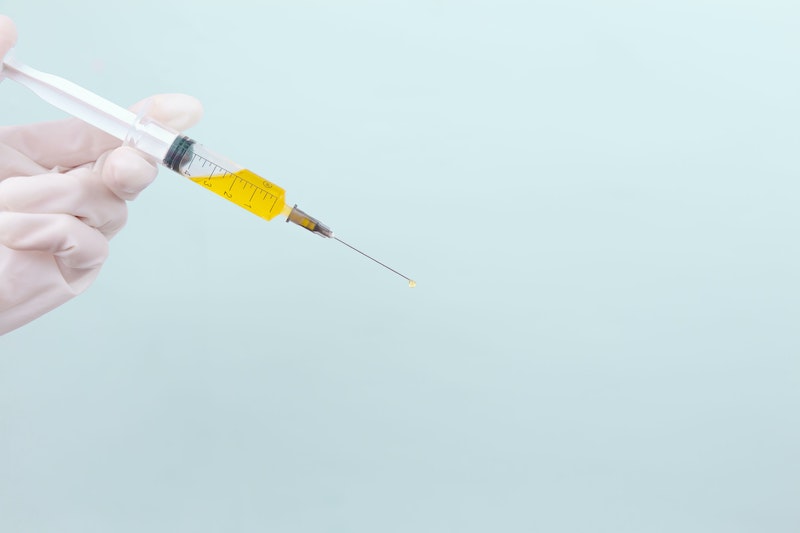The HPV Vaccination
Vaccines against cervical cancer have been all over the news and social media during the last few years. There has been a new hype about it since the South African government announced that 9-year old school girls at underprivileged schools will be receiving it for free. The first round of HPV programme conducted in public schools each year by the Department of Health in conjunction with Department of Education, is scheduled for 21 February to 28 March 2017.
What is HPV?
The Human Papillomavirus (HPV) is a small DNA virus and is the most common sexually transmitted virus in both men and women. The virus is highly contagious and transmitted primarily through sexual intercourse, although oral and anal sexual contact have also been implicated. More than 100 types have been identified, with each type being associated with infection in a specific anatomical site. Over 40 types of HPV infect the anogenital area. Signs and symptoms of HPV include genital warts, abnormal pap smears (intraepithelial neoplasia) as well as several cancers. HPV can be subdivided into three categories based on their association with the development of cancers: low risk, intermediate risk and high risk. Low-risk types consist of strains that rarely give rise to cervical cancers, such as HPV types 6 and 11. Infection by these types, however, accounts for 90% of genital wart lesions. In contrast, HPV types 16 and 18 are strongly associated with cervical, vulvar, vaginal, penile and anal cancer. They are therefore considered to be high-risk types. Intermediate-risk types, such as HPV types 29, 31, 33, 45, 51, 52, 56, 58 and 59, are often found in abnormal pap smears. The type of lesion and the underlying pathology depends on the type of HPV present.
WHO SHOULD GET The HPV VACCINE?
According to the guidelines, young boys and girls, from the age of 9, should be vaccinated against the human papillomavirus (HPV). It is best to get the vaccination before people become sexually active. This does not mean that older men and
women who are sexually active should not seek the protection of the HPV vaccine.
Though it does not treat existing infection, vaccination is still recommended for HPV positive individuals, as it may protect against one or more different strains of the disease.
WHICH VACCINE SHOULD YOU CHOOSE?
There are two types of vaccines approved for HPV in South Africa, namely Gardasil and Cervarix. There are many types of HPV that can cause cervical cancer and the research shows that being vaccinated against the two most dangerous strains, actually do offer a form of cross protection against the other strains as well.
Gardasil protects against 4 strains of HPV (type 6, 11, 16 and 18) which means it provides protection against cervical cancer. Since Gardasil also provides protection against genital warts, anal warts and anal cancer it can be used by men as well. Cervarix provides immunity against 2 strains of HPV (type 16 and 18) and provides protection against only cervical cancer.
Both vaccines are taken as a series of three injections over a period of six months. Alternatively, it can be given as two injections with at least six months between them, for children aged 9 years up to and including 13 years. Although both companies marketing these two vaccines would like to suggest that their product is better than the other one, there is no difference in the efficacy of the two drugs in clinical practice.
What are the possible side effects?
There are a lot of anti-vaxxer’s that spreads rumors about vaccines. The vaccines doesn’t contain live viruses or dead viruses, but virus-like particles, which cannot reproduce in the human body.
The FDA and the CDC state that the vaccine has mostly minor side effects, such as soreness around the injection area and headaches. There are no major side effects
HPV is very common and is a preventable disease. Get vaccinated. You can contact us (sit asb link in na contact page) to schedule an appointment.

